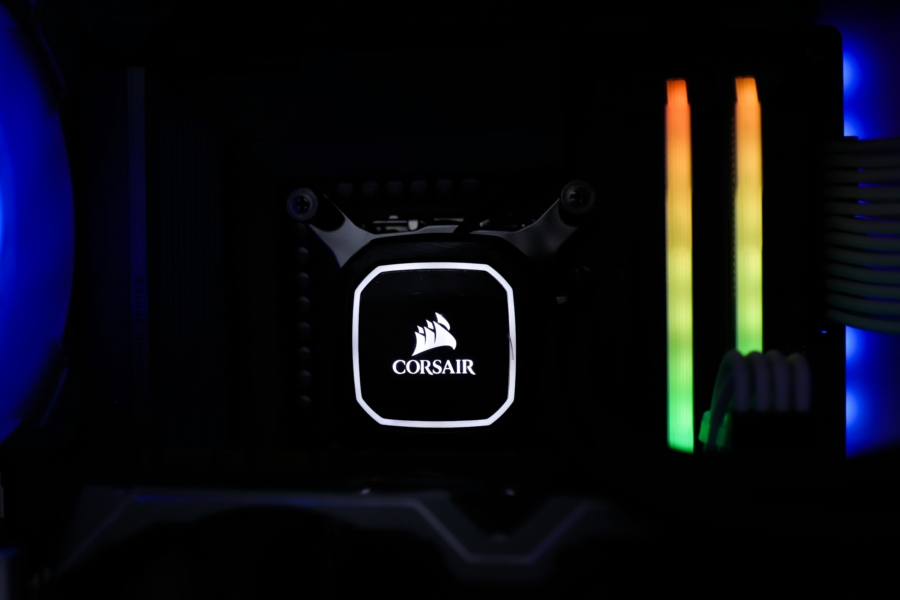Why Regional Support Matters: The Case of Corsair RM1000e
I don’t closely follow news on PC component manufacturer, especially not on PSU. I do recall, back when I could confidentially call myself an enthusiast, there were several brands called out for being unreliable. Now, this is where the stories often get even more juicer — when a manufacturer is not directly selling its products in the region.
As some of the keen eyed PC builders might have heard, Corsair had a controversy on its hand with RM1000e PSU recently. Corsair issued a statement in June 2025, not only acknowledging the issue, but goes so far to say that their customer support team will “gladly replace it”. The experience I had with Corsair in South Korea could not be more different than what the letter promises. Not only their communications were limited, when they finally reached back to me, they simply said: ‘we could not verify the problem on our end. But we can replace it once as per policy, if you’d send us the original cables’. I paraphrased it, but that was the gist of it. What’s the point of using a modular PSU, if I have to rewire it?
The core issue of the problem, it seems, lies in the fact that Corsair’s regional partner is not fully aware of Corsair products’ strength, and rightfully so. Their job is to provide customer services in a region where Corsair can’t do it in-house, and the quality of the services is determined by coherence to the corporate policy. After all, the issue related to RM1000e is relatively hard to find and isolate as it is written in the open letter; the return window, by the time customers finally pin it down to their trusted PSU, would have lapsed. For Korean customers, with only a week long return window, whatever policy Corsair has set isn’t working.
Corsair needs to get their priorities straight and be precise in its communication. If there is a near-recall event in America, and the open letter is also issued on the Korean website, not only the information must be shared in transparent manner, it should reach its own regional partners equally. The letter loses all meaning if the promised customer support doesn’t actually reach buyers. Above all else, the manufacturer fails to communicate the existence of “updated version” due to acknowledged issue in any of the product descriptions I’ve read so far. If anything, the open letter should have been linked in every product page — there was a defect, we (Corsair) fixed it; if you get a defect, we will replace it.
This isn’t to say I am dissatisfied with Corsair. Their PSUs had been consistently reliable, and I had used them previously in many of my builds. I would like to believe I just happened to have picked the wrong model, and amongst thousands of the units they sold I also picked the wrong unit that had the defect. I wish I don’t need to study how this model became shrouded in the controversy that goes back to cost-cutting practices done by the manufacturer. No one should run a background back on a manufacturer per component before building a PC. PSU is a component that is often buy-and-forget, and it often outlasts all the other components in the finished build. And I expect that outlasting impression to be a good one; as the saying goes, you never get a second chance to make a good first impression.
